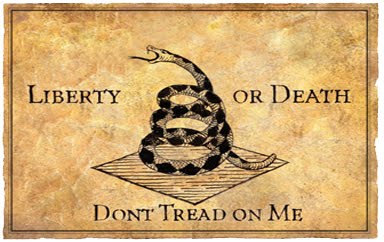fed·er·al·ist [fed-er-uh-list] - an advocate of federalism.
What a great definition, taken strait from a dictionary, but I still can’t decipher what a Federalist is. I thought this would be a good thing to discuss today.
During the embryonic stages of our country there were some who wanted a strong federal government and others who wanted a stronger state government. A strong federal government would be the final authority and could tell the states what to do, a weak federal government and a strong state government would allow each state to define and create laws they felt were best for the people in that state.
The Constitution would always remain the “Supreme Law of the Land” in either case.
Three of the Founding Fathers (James Madison, Alexander Hamilton, and John Jay) wrote a series of pamphlets and articles that were later combined and called the Federalist Papers. These advocated a strong federal government.
Many people (The Anti-Federalists) had problems with a strong federal government because it might pave the way for some of the same tyrannical powers that they had recently fought to expel from North America. The compromise became the established rights that the federal government could not ignore or violate; we call it The Bill of Rights.
The Federalists and their opponents agreed upon the Tenth Amendment “The powers not delegated to the United States by the Constitution, nor prohibited by it to the States, are reserved to the States respectively, or to the people.”
The great political minds that founded our country agreed upon one thing, that the federal and state governments are limited by the Constitution. The States have more authority than the federal, but ultimately power belongs to the people.
I hope I don’t have to tell you,
We are the people.
.jpg)
No comments:
Post a Comment